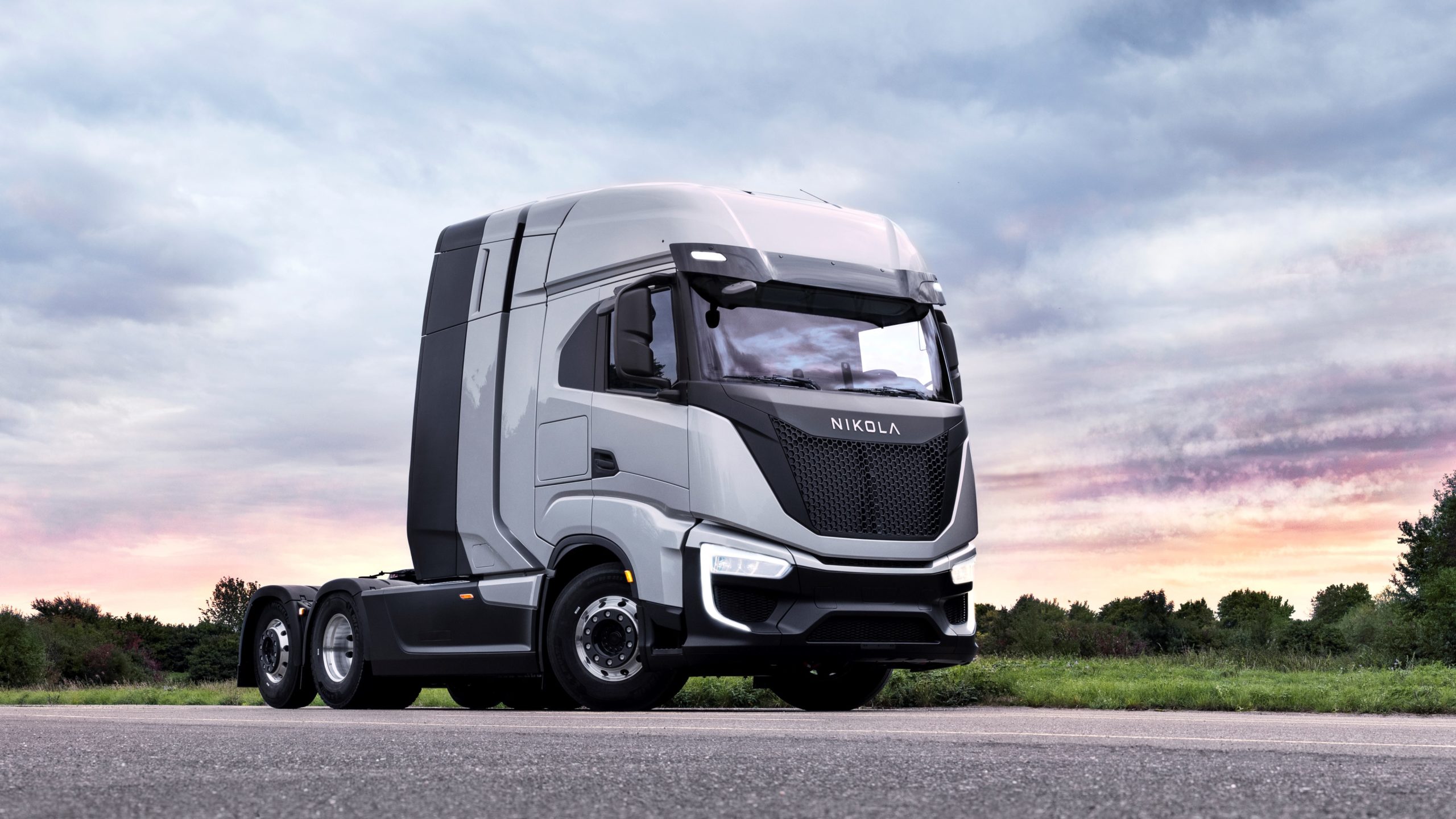
Iveco and Nikola to go their own way in zero-emission trucks

The ‘beta version’ of the Nikola Tre FCEV was presented at the IAA / Iveco Group
Italian commercial vehicle manufacturer Iveco and American electric truck startup Nikola are going their own way from now, the first focussi


Comments
Ready to join the conversation?
You must be an active subscriber to leave a comment.
Subscribe Today